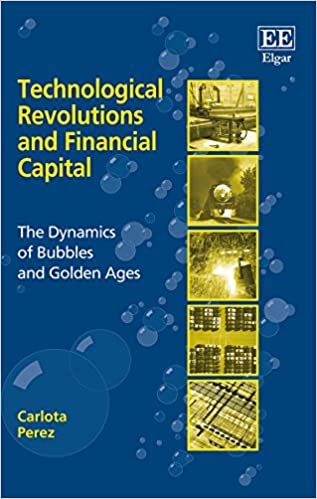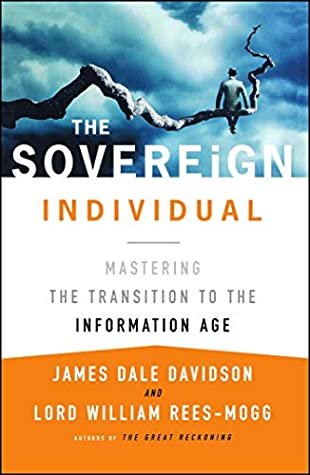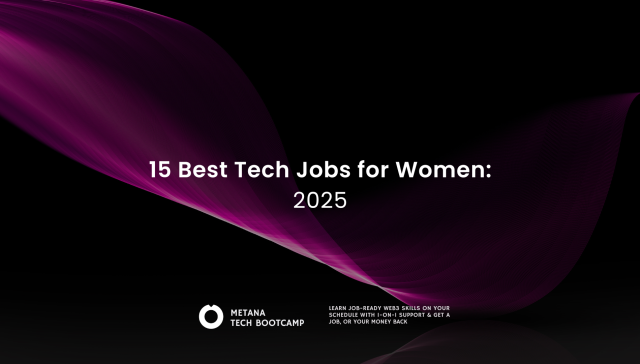The web3 world is strange, crazy, and unpredictable. There are a lot of new jargon, discord talks that move quickly, and blocky pseudonyms. How do you get the correct perspective to observe a disruptive new technology’s lengthy arc? Read.
Read a lot of books. Reading isn’t a replacement for learning new tools, experimenting, and gaining experience; rather, it complements that strategy by providing context for what’s going on and why it matters.
Here, I offer the web3 books that helped me integrate new blockchain technology into my world model and begin to envision how things will evolve over the next 20 years.
First, a few foundational works (mainly about history) for understanding “why this matters.” Details of the technology are meaningless if we don’t have the background to understand how it affects society.
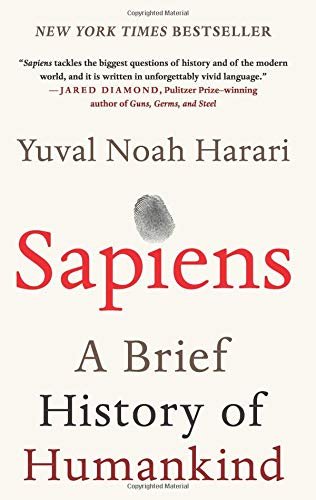
Sapiens by Yuval Noah Harari
(Specifically chapter 2: The Tree of Knowledge)
The magnum opus of a long-serving history professor on humanity from the dawn of time to the present day, with a look into the future. This book is one of a kind in that it demonstrates the actual strength of Homo Sapiens (us, Hey fellow humans 👋) as a species that can plan and plot.
While this book has nothing to do with the blockchain, it is essential reading for anybody interested in learning about human cooperation. Our capacity to collaborate will be aided by the blockchain (by decreasing the cost of trust and lowering the cost of communications)
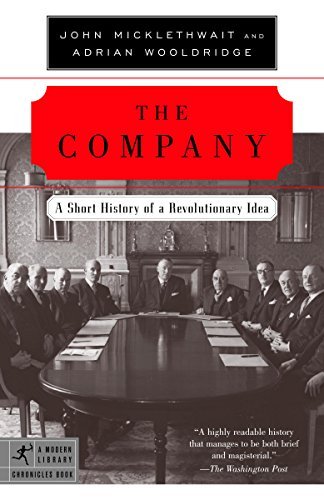
The Company by John Micklethwait, Adrian Woolridge
Organizational structures aren’t typically thought of as technology, yet they are. The town, the church, and the federal government are all examples of technology.
The corporation is one of our era’s most transformational innovations, yet it’s lurking in plain sight. The limited liability firm, in particular.
Blockchains have the potential to create a new sort of organization technology: the network. We can examine this company’s history and project some of these lessons ahead to assist us to comprehend the impact of new organizational technology.
Technological Revolutions and Financial Capital by Carlota Perez
Carlota Perez, an economist, has written a classic work in the field of technology. It demonstrates how new technologies are integrated into society in a similar manner. Patterned, but not always predictable.
“The main contention is that the full fruits of the technological revolutions that occur every half century are only widely reaped with a time-lag. Two or three decades of turbulent adaptation and assimilation elapse…”
Early believers, financiers, and boom/bust cycles of anticipation and reality are all part of technological revolutions.
We may begin to imagine how the next decade or two will develop as social, administrative, and political processes change to suit this new technology using this template.
Sovereign Individual by James Dale Davidson and Lord William Rees-Mogg
Chapters 7 and 8 (Transcending Locality: The Emergence of the Cybereconomy) in particular (The End of Egalitarian Economics: Revolutions in Earnings Capacity in a World Without Jobs)
This book, produced in 1997 by a couple of futurists, is full of forecasts for the following decades. While some forecasts are off the mark (as one might anticipate), others are bang on. The cognitive process and understanding about long-arc tendencies that we observe persisting are more essential than particular predictions.
Whether you agree or disagree with the authors, reading information like this provides you with practice forecasting the future. Reading is something I prefer to approach as a discussion with the author. (“This entire chapter is a load of nonsense! What are your thoughts on the subject? Nothing! That’s exactly what I was thinking!”) And having these discussions on the influence of technology and long-term trends on society is both entertaining and informative.
Web3 Books + Resources
Now, we get into some books more specifically about blockchains themselves.
What have you read that helped you understand web3? Drop comments or links for web3 resources, We’re always looking for new reading recommendations.

